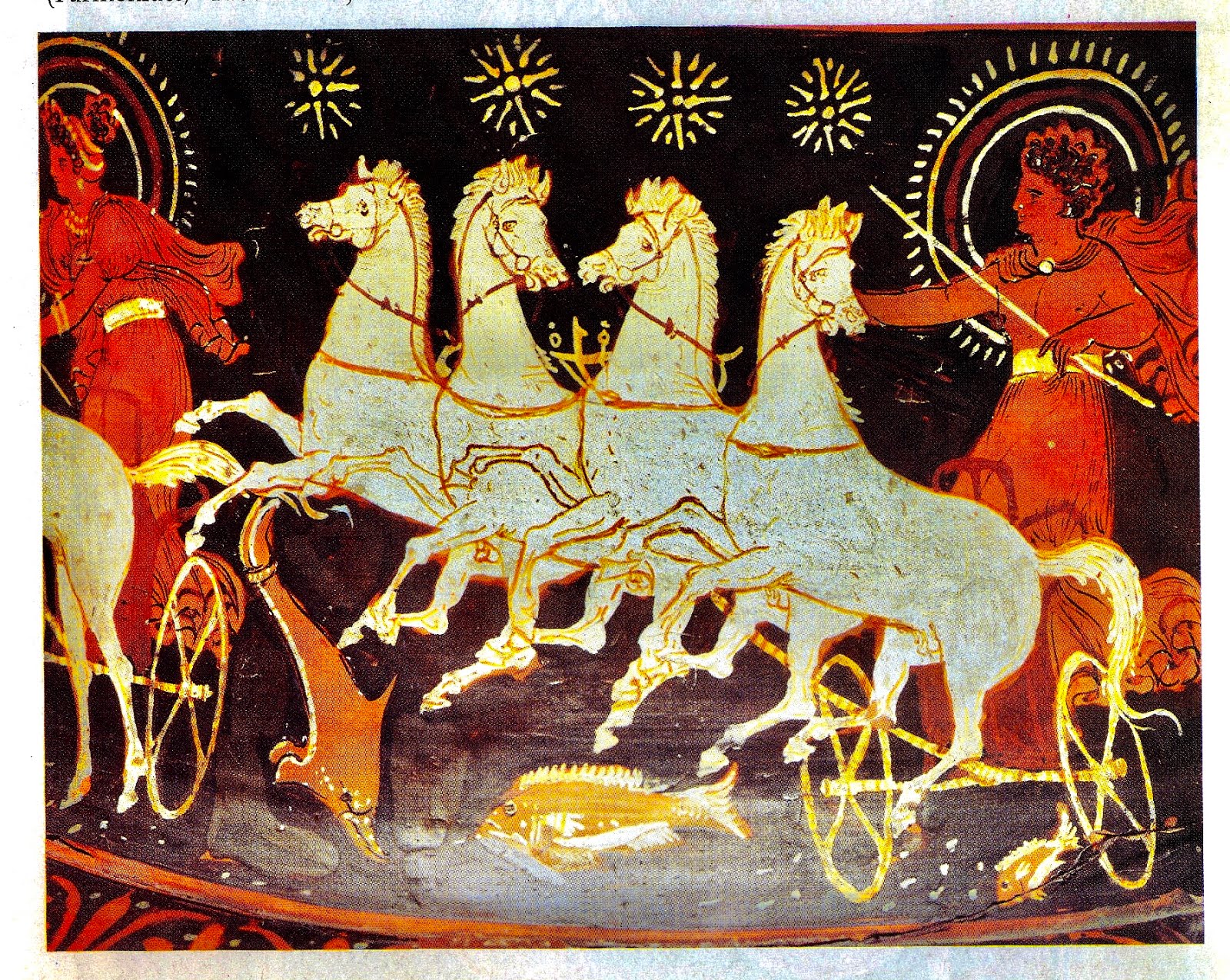In 1961, I left Greece for the United States. The reason for that life-changing decision was education. The University of Illinois and the University of Wisconsin welcomed me and gave me a free education. I earned my Bachelor’s and Master’s degrees from Illinois and my doctorate from Wisconsin. In college My education was a mixture of science and humanities. I combined zoology with Greek (ancient, medieval and modern) history, as well as Roman history and modern European (Russian, Soviet Union, Southeastern European and British) history. To this multidisciplinary bowl I added the history of science from my postdoctoral studies at Harvard. I did all this book reading, test taking, and writing a dissertation in ten years. The next step was finding work. By the time I graduated from Wisconsin, in 1972, I was married with my first child. This made earning a living imperative. I worked on Capitol Hill and the US Environmental Protection Agency for twenty-seven years.
